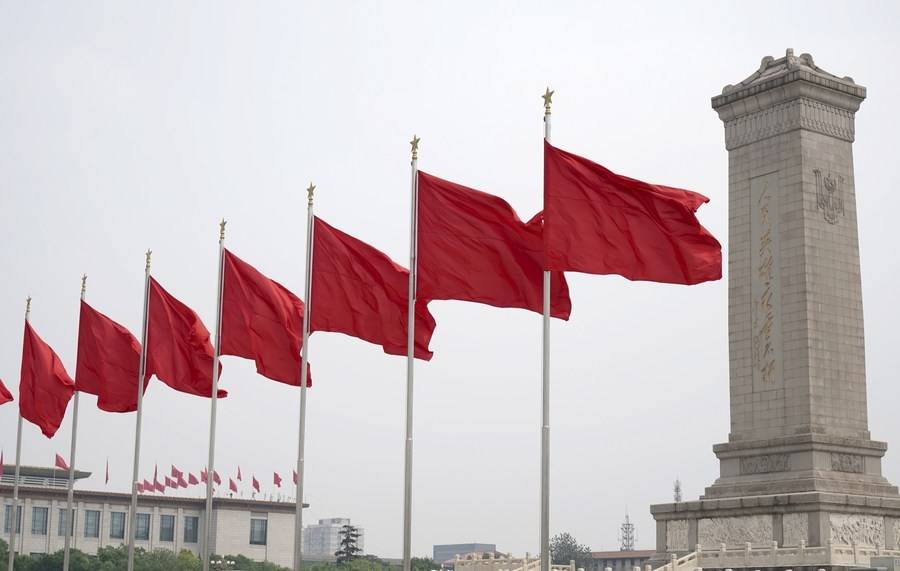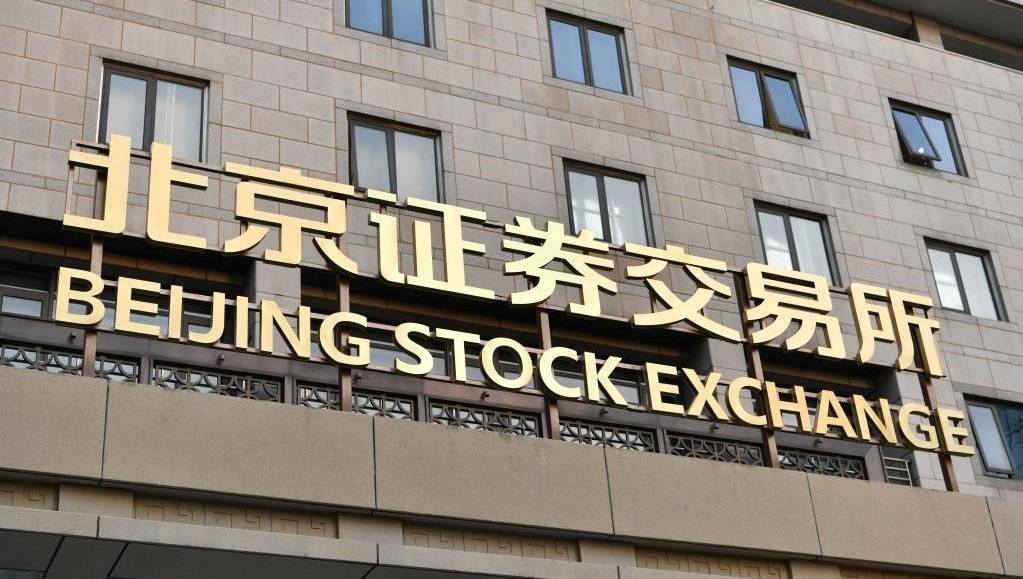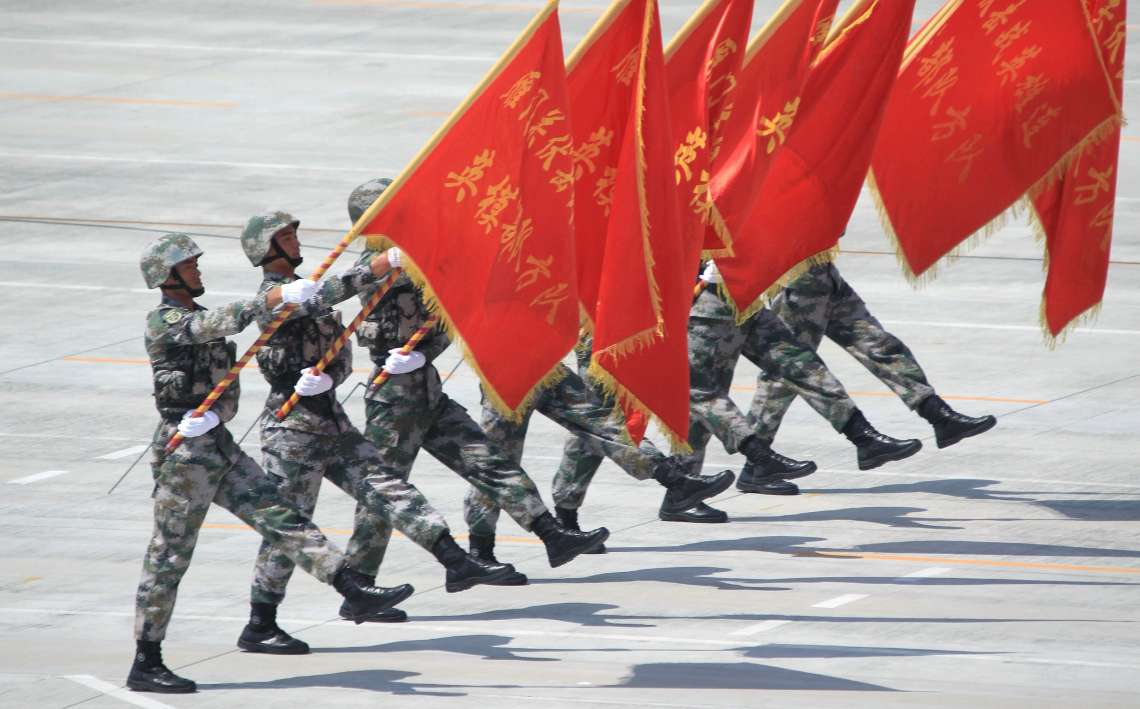The government has come down hard on the socio-cultural practice over the years with the crackdown gathering momentum against individuals who in increasing numbers command societal reverence …writes Mukesh Sharma
A sustained clampdown on livestreaming by China recently stretched to influencers with authorities slapping a ban on recommending stocks or brokerages as the Chinese capital opened its first bourse on Monday.
According to state media, Beijing gets its first stock exchange with the opening bell going off Monday morning in what is seen as the world’s second largest economy trying to rise above Western clamour given to taming the dragon.
Livestreaming, which has a history of spawning celebrities out of influencers whose social dazzle under the ring light outshines the glare of authorities, has lately been under government scanner in the most populous nation.

The government has come down hard on the socio-cultural practice over the years with the crackdown gathering momentum against individuals who in increasing numbers command societal reverence in the land of philosophers like Confucius and Lai Zi.
Some influencers achieve cult-like status on the back of their aura-filled image lapped up by youngsters.
ALSO READ: US, China Rivalry Casts Shadows Over Asia
“Livestreaming for me is a good way of buying things. The model can put on clothes I want to purchase and help me choose – doing away with the handicap of not being able to try them on in person on the e-commerce platform,” said Cheng, not willing to reveal her first name.
The 34-year-old mom said her mother loves livestreaming platforms like Tik Tok. “They provide another source of entertainment for lots of Chinese, especially those from rural areas,” she added.

China in September banned anyone under 16 from registering to stream online. The State Council, China’s cabinet, said that online services from games to social networks should limit how much time and money children spend online, adding that it will be doing more in terms of classifying and reviewing the content in games, as well as protecting children’s privacy and personal information.
Livestreaming offers a chance for people living in remote and isolated places to sell local specialties and tell their stories, said Cheng, who every day spends two hours commuting to her office in Beijing.
The clampdown on livestreaming has come as part of the government’s attempt to limit screen time among children. Quirks often define the country of about 1.5 billion when it comes to digital life and the way citizens take to it.
For another Beijinger, livestreaming and the ecosystem around it is a waste of time for the young. “Men tend to become effeminate by getting involved in such things,” says the senior professional not willing to be named.
Welcome to the neoliberal world where capitalism rules and people can be fooled into such things, said the economics major.













